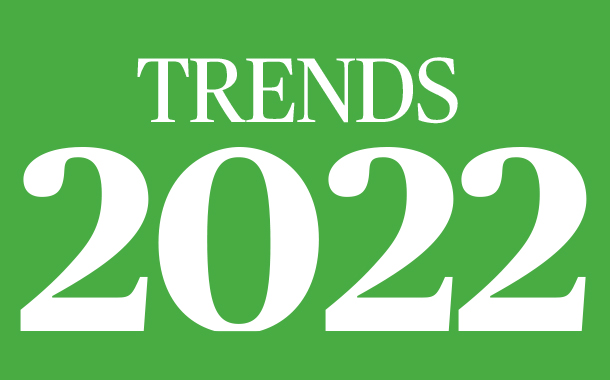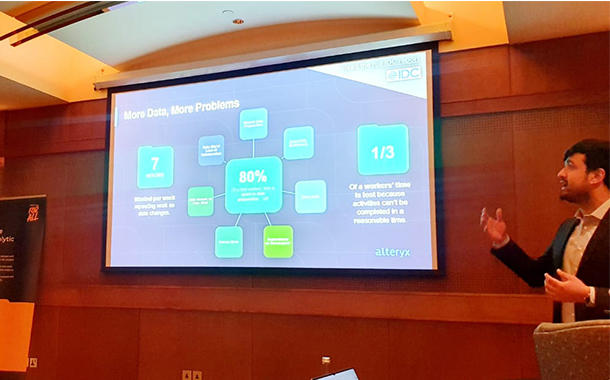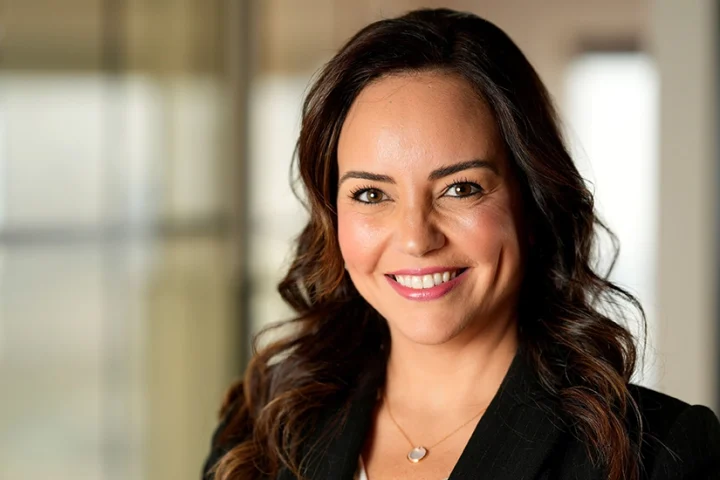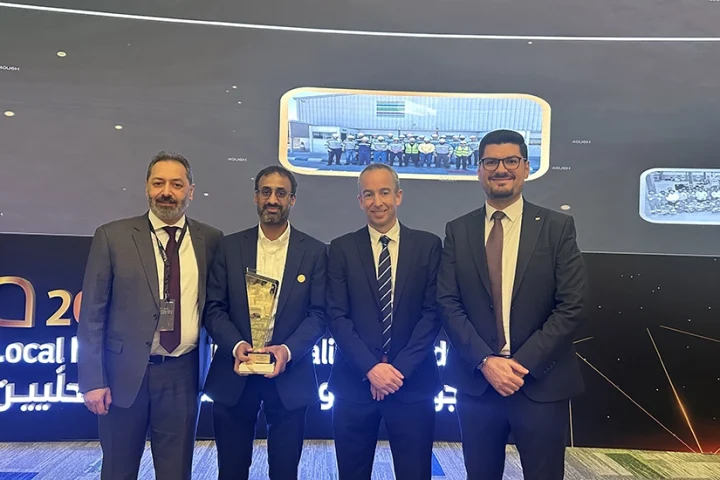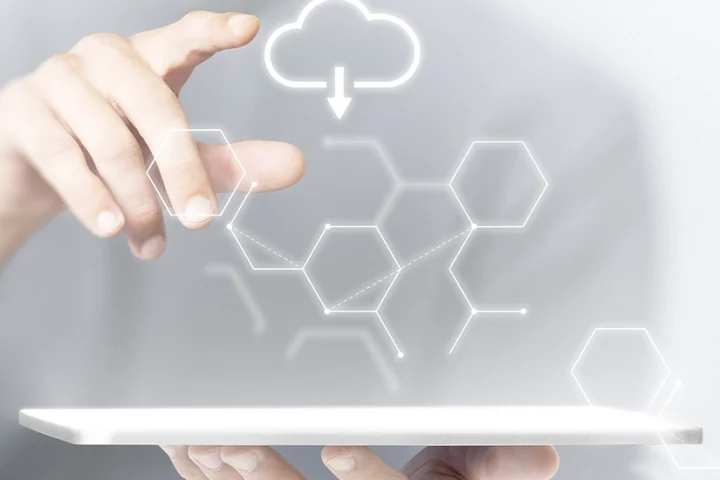Alan Jacobson, Chief Data and Analytics Officer at Alteryx.

Digital Transformation 2.0 will usher in a culture of analytics across business units as larger enterprises provide the self-service technologies and training to ensure the average knowledge worker is set up for success and able to directly perform analytics.
2022 will be the year of the Chief Transformation Officer. We will see a title and focus shift from Chief Data Officer to Chief Analytic Officer to Chief Transformation Officer, as the role of those leading the digital transformation journey focuses more on the results than the data or the analytic methods used.
There is an existing skills gap between data scientists as practitioners and those as teacher
As the people move from company to company, we will see beloved technologies travel with them and become an established part of their new stack.
With the continued democratisation of analytics, data scientists need to evolve from problem solvers to teachers. Organisations are now looking to fill these roles with someone who can articulate and explain – not just code to encourage people to be creative and think critically. However, there is an existing skills gap between data scientists as practitioners and those as teacher.
David Sweenor, Senior Director of Product Marketing, Alteryx.

We will see the rise of data trusts and frameworks evolve and organisations will shift their mindsets to sharing rather than data hording. We will see increasing use of synthetic data, differential privacy, other techniques to ensure security, privacy and legit use of data.
No-code and low-code will simplify and democratise AI
The digital world needs to ditch paper. Many organisations are still working from printed documents leaving pertinent data on the table that needs to be extracted. Getting the data out of paper has been difficult to date, but with computer vision and text analytics capabilities, organisations can extract insights from shipping invoices, paper records, receipts, etc.
The role of the citizen data scientist will evolve. Organisations will focus more on the relationship between people and AI, leading to increased spend on upskilling people as data literacy evolves into AI literacy.
With the continued democratisation of analytics, data scientists need to evolve from problem solvers to teachers
We will move away from the term citizen data scientist and towards AI or analytics literate. Businesses will become more dependent on collective intelligence, the idea that better business decisions can be made by machines and humans working together.
Jay Henderson, Vice President Product Management, Alteryx.
More responsible AI will bridge the gap from design to innovation. While companies are starting to think about and discuss AI ethics, their actions are nascent, but within the next year we will see an event that will force companies to be more serious about AI ethics. An increasing number of companies will get more serious about AI ethics with transparent explain ability, governance and trustworthiness at the centre.
Organisations will shift their mindsets to sharing rather than data hording
AI becomes demystified and more approachable for the everyday business user. No-code and low-code will simplify and democratise AI – although data scientists will continue to focus on high value problems, the number of people who are able to participate in advanced analytics utilising automation, computer vision, natural language processing, and machine learning will increase. More companies will invest in AI-driven automated insights to complement their existing dashboards.
Executives from Alteryx discuss trends across democratisation of data, skills and the great resignation, artificial intelligence and machine learning.
